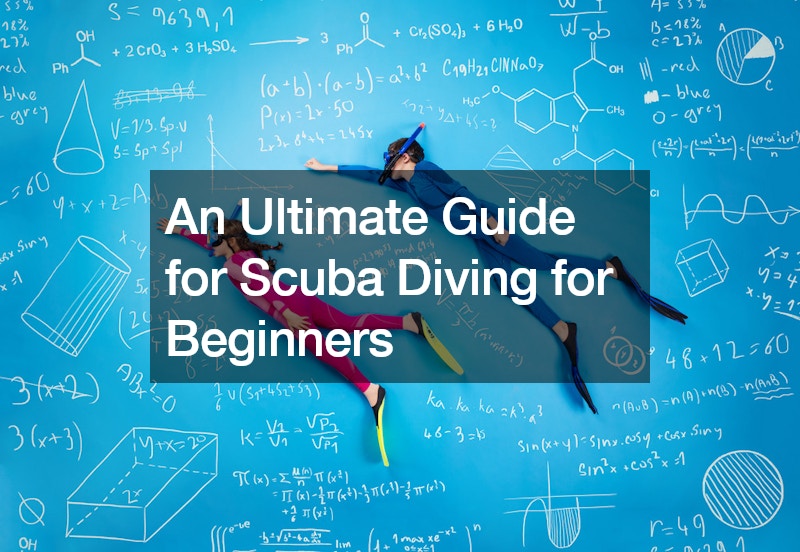Disclaimer: Life Cover Guide. This site provides family & home content for informational purposes only.
Scuba diving offers an exhilarating peek into the underwater world, but for beginners, it’s crucial to prioritize safety and preparedness. Here’s an ultimate guide to get started, highlighting the importance of scuba diving medicine resources.
1. Education and Certification
Begin with a certified dive training course from a recognized organization like PADI or NAUI. These courses cover the basics of diving, safety procedures, and emergency responses.
2. Health and Fitness
Consult a healthcare provider before diving to ensure you are fit to dive. Discuss any existing conditions as they may affect your safety underwater. Utilizing scuba diving medicine resources, such as the Divers Alert Network (DAN), can provide valuable health-related information and guidelines specific to diving.
3. Dive Planning
Always plan your dive with a buddy and stick to the plan. Familiarize yourself with dive signals and how to manage common underwater problems.
4. Equipment Familiarity
Get to know your scuba equipment. Your beginner course will help, but the extra time spent familiarizing yourself with the functionality can make a big difference.
5. Environmental Considerations
Understand and respect the underwater environment. Be aware of local wildlife, currents, and weather conditions to ensure a safe dive.
By following these guidelines and utilizing scuba diving medicine resources, you can safely enjoy the incredible experience of exploring underwater worlds.
.







